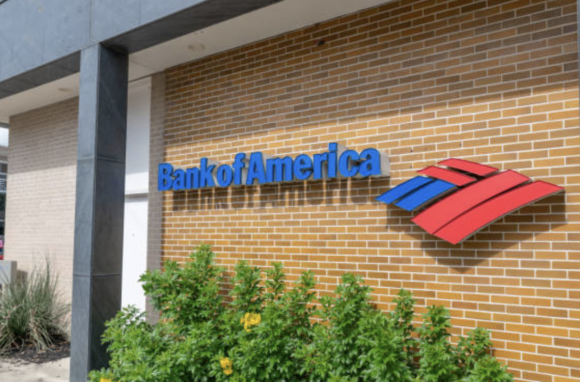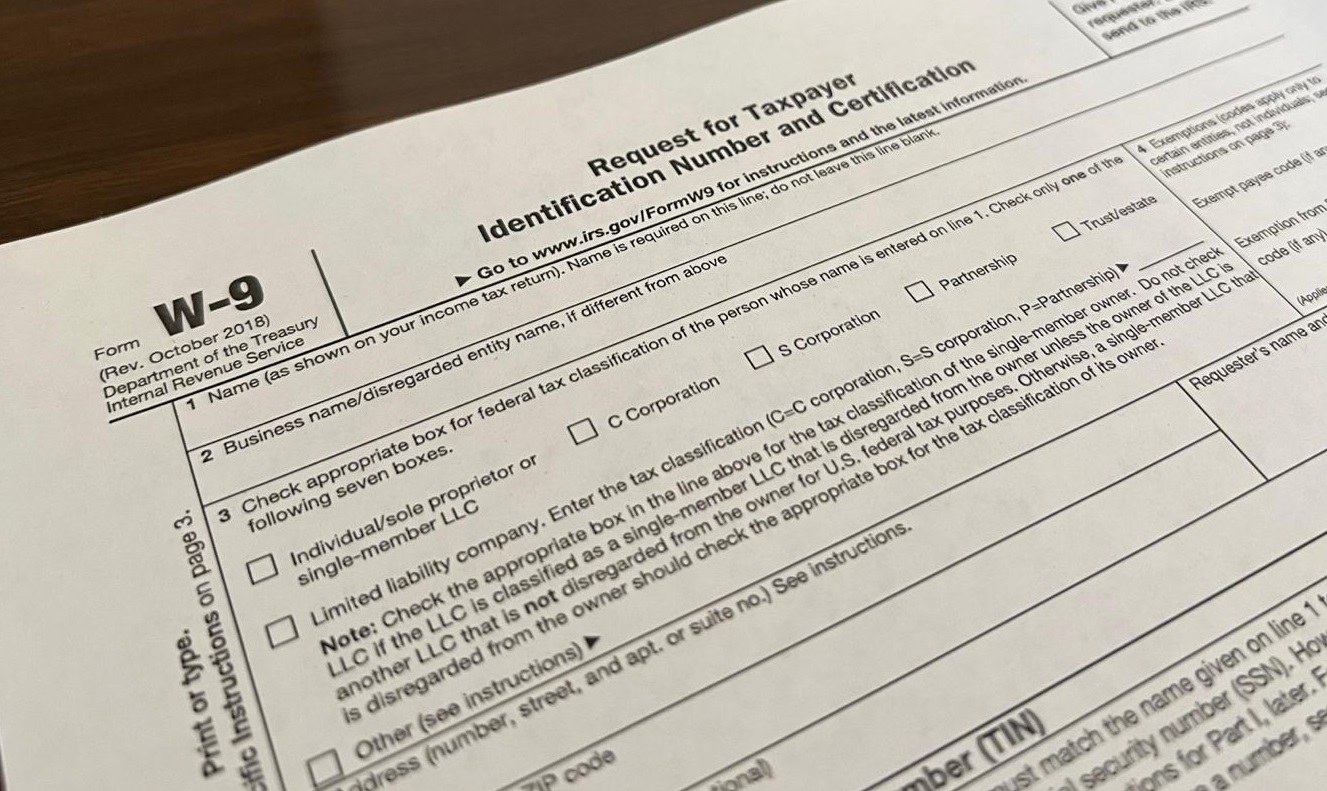On July 20, Berkshire Hathaway, the conglomerate led by renowned investor Warren Buffett, made headlines in the financial world by selling approximately 33.9 million shares of Bank of America. This move, detailed in a regulatory filing, amounted to roughly $1.48 billion across multiple transactions conducted throughout the week.
Background and Investment History
Berkshire Hathaway’s association with Bank of America dates back to 2011 when it injected $5 billion into the financial giant. This investment comprised preferred stock alongside warrants allowing Berkshire to purchase 700 million common shares of the bank. At the time, Bank of America was grappling with concerns over its capital adequacy, and Berkshire’s investment was seen as a vote of confidence in the bank’s future prospects.
Since then, Berkshire Hathaway has maintained a significant stake in Bank of America, becoming one of its largest shareholders. The recent sale reduces its holdings to approximately 999 million shares, still indicating a substantial commitment to the bank despite the divestment.
Strategic Moves and Market Implications
The decision to sell a portion of its Bank of America shares raises questions about Berkshire Hathaway’s current strategy and outlook on the banking sector. With Bank of America navigating economic uncertainties and regulatory changes, Berkshire’s move could signal a shift in its investment priorities or portfolio diversification strategy.
Moreover, Berkshire Hathaway’s portfolio includes investments in other major banks such as Wells Fargo & Co and JPMorgan Chase, suggesting a diversified approach to the financial sector. Each of these investments reflects Warren Buffett’s long-term investment philosophy, emphasizing stability, profitability, and management quality.
Market Reaction and Investor Sentiment
Following the disclosure of the sale, market analysts and investors are likely to scrutinize Berkshire Hathaway’s rationale behind reducing its Bank of America stake. This scrutiny could influence market sentiment towards Bank of America and potentially impact its stock performance in the short term.
Despite the sale, Berkshire Hathaway remains a prominent player in the financial markets, with its investment decisions closely monitored for insights into broader market trends and economic conditions.
Berkshire Hathaway’s decision to sell $1.48 billion worth of Bank of America shares underscores the complexity and strategic considerations involved in managing a diversified investment portfolio. As Warren Buffett and his team continue to navigate an evolving economic landscape, their actions will continue to be watched closely by investors and analysts alike.
The sale of Bank of America shares by Berkshire Hathaway represents not just a financial transaction but a strategic move that offers valuable insights into the mindset of one of the world’s most respected investment entities.




